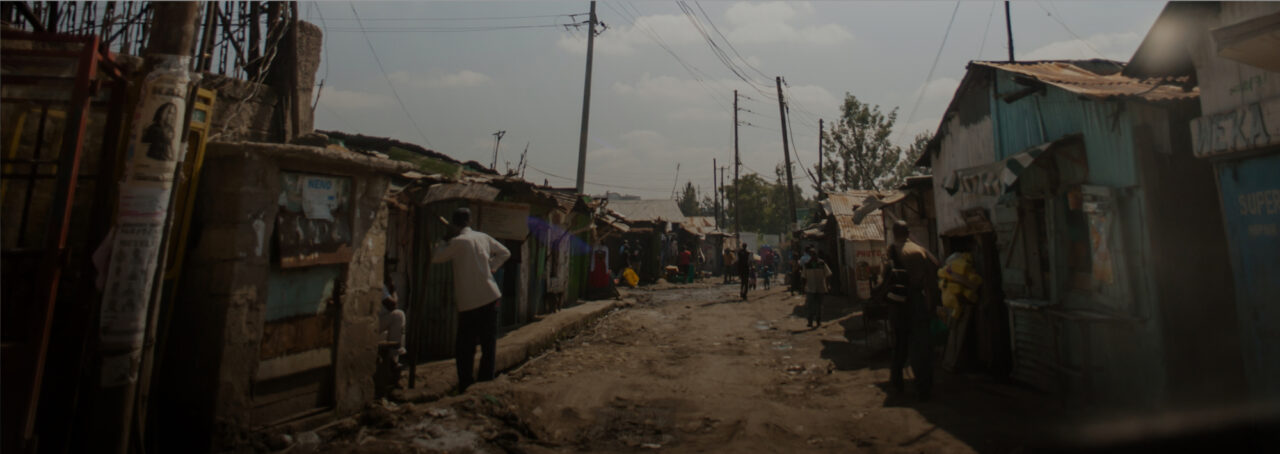
We won’t stop until police are protectors from violence and not perpetrators of it.
The problem
Police abuse of power in Kenya
In Kenya, police abuse of power is commonplace. Historically, police officers have had the freedom to bribe, abuse, falsely accuse and imprison, and even kill citizens with little fear of any consequences. An astounding number of citizens have disappeared or been murdered at the hands of the Kenyan police. People living in poverty are often defenseless against this abuse of power, with no recourse to defend themselves or their loved ones. As it stands now, a mere fraction of cases ever end up in court.
The role of the police is to protect and defend. But in Kenya, police are often feared for their reputation of crime and violence against the most vulnerable in their communities.

1 in 3 Kenyans have experienced police abuse or harassment.

Over 500 killings by police in Kenya have been documented between 2019 and 2021.

Worldwide, 33% of youth have experienced abuse by police.
Our solution
Our Community Protection Model
We don’t stop at rescuing people who have been abused. Our goal is to prevent violence from happening in the first place.
That’s why IJM and our partners collaborate with local authorities to serve individual survivors of police abuse of power, pursue sustainable improvements in the justice system, prosecute police who do abuse their power, and build communities where all people can expect to be safe and protected. And progress is being made: between 2017 and 2022, at least 42 Kenyan police officers have been convicted—something that rarely happened before.
Our Global Impact
Women and men freed from illegal detention in Kenya with IJM’s help since 2001
The year IJM achieved the first conviction of a police officer after working on cases of police abuse of power and false accusation for 14 years
Police officers convicted for violent crimes in IJM Kenya and partner cases
Where we and our partners work to end police abuse of power
MEET WILLIE, JOSEPHAT AND JOSEPH
Justice is served following the murder of IJM investigator, client and driver by police
After Josephat survived abuse from Kenyan police officers, IJM set out to defend him in court. One day, after IJM investigator Willie Kimani and Josephat left the courthouse, the two men, along with their trusted driver, were never heard from again. This began a six-year quest for justice that became a critical victory for the thousands of victims of police abuse of power whose stories have never been told.
Explore more stories related to
Police Abuse of Power:
View All Stories
IJM Speaks at the First UN World Congress on Enforced Disappearances
Eight-year trail ends for a policeman who murdered an innocent man
IJM-developed training is credited with leading to peaceful election in Kenya
Justice for Three. Safety for All.
Learn more about our Casework
Violence Against Women and Children
Women and children are particularly vulnerable to violence when no laws are enforced to protect them.
Learn more about this articleDomestic Violence
Learn more about this articleSexual Violence
Learn more about this articleSlavery
Millions of men, women and children are trapped in modern-day slavery around the world.
Learn more about this articleSex Trafficking
Learn more about this articleLabor Trafficking
Learn more about this articleOnline Sexual Exploitation of Children
Learn more about this articleForced Scamming
Learn more about this articlePolice Abuse of Power
When police are free to misuse their power, vulnerable people are the ones who suffer from their violent actions and false accusations.
Learn more about this article